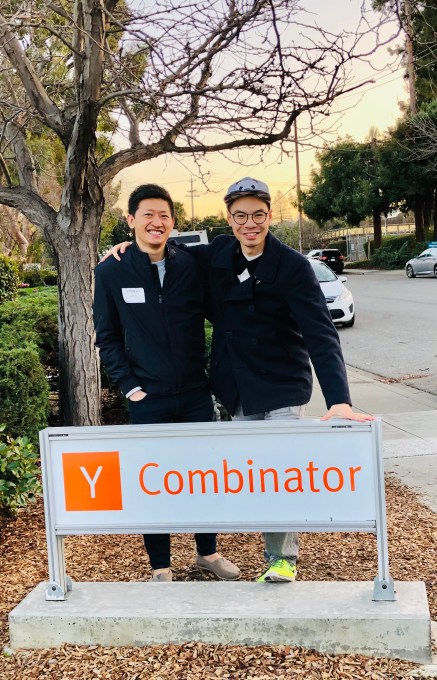Jenfi, a “growth-capital-as-a-service” platform, can provide online businesses with revenue-based financing in as little as a day. The Singapore-based startup announced today it has raised $6.6 million in pre-Series B funding, led by Headline Asia. Participation came from returning investor Monk’s Hill Ventures, which led Jenfi’s Series A two years ago, ICU Ventures, Granite Oak, Korea Investment Partners & Golden Equator Capital and Atlas Ventures.
Since Jenfi’s inception four years ago, it has deployed more than $25 million in non-dilutive capital to about 600 companies. Its customers include Gushcloud, Ralali, Hello Health, Lamer Fashion, Buy2sell and Mystifly. The new funding will be used to grow its customer base in Singapore, Vietnam and Indonesia, and expand into new markets in Southeast Asia, like Malaysia, the Philippines and Thailand. It also will enable Jenfi to refine its credit underwriting and risk assessment capabilities, including its proprietary risk assessment engine.
The fintech was founded in 2019 by Jeffrey Liu and Justin Louie, who exited from their previous startup, fitness marketplace GuavaPass, when it was acquired by ClassPass. Jenfi’s “growth capital as a service” model was developed after the two realized that online business owners, like e-commerce sellers, SaaS and consumer tech providers, often had trouble getting capital to fund their growth expenses from traditional financial institutions.

Businesses that apply to Jenfi can get financing ranging from $10,000 to $1 million to spend on marketing, inventory and growth campaigns. Liu told TechCrunch that aggregate sales generated by companies in Jenfi’s portfolio is now more than $150 million.
Decisions about what businesses to lend to are made with Jenfi’s proprietary risk assessment engine, which integrates into data sources like accounting software, payment gateways, e-commerce platforms, online marketplaces and digital advertising. This lets Jenfi continuously monitor its borrowers’ business activity, including revenue growth and marketing return on investment.
As Jenfi grows, it is adding more local market data sources, including selling management platform Haravan and POS management software KiotViet in Vietnam, and almost all banks in Singapore, Vietnam and Indonesia.
Jenfi’s proprietary risk engine is one of the main ways it differentiates from other companies offering revenue-based financing to digital-native businesses, said Liu, because it means more comprehensive assessments of creditworthiness and tailored financing solutions.
Since its Series A was announced, Jenfi has deployed its first machine learning-assisted underwriting system, which Liu said enables it to make faster underwriting decisions, with better accuracy and less human involvement.
In the future, Jenfi will work with synthetic data to get a better understanding of client behavior and possible future outcomes. The company also plans to develop a tech platform to allow third-parties to use its proprietary scoring models in their own native infrastructure.
Another way Jenfi differentiates from competitors is the flexibility of its repayment plans, said Liu. They range from three to 12 months and are designed to be flexible, taking the needs of each business in mind. Repayment amounts are based on a pre-determined percentage of revenue, but that varies widely depending on business type. For example, a high-margin software business may be granted a higher revenue share percentage than businesses in another sector.
The total amount of fees that a company pays depends on the credit score generated by its proprietary risk engine. Liu said rates are transparent and competitive, with no hidden fees or charges.
Jenfi’s plans for the near future include offering growth capital to more clients through the use of dynamic limits, which can be adjusted based on client needs and creditworthiness. It also will launch an on-demand financing product to cover recurring growth capital needs like variable monthly ad spend.
In a statement, Headline Asia partner Aki Okamoto and principal Jonathan M. Hayashi, said “We have been continuously conducting research on revenue-based financing, and have talked to almost every single player in this field in Asia. Jenfi absolutely stood out to us. Their technology, product, operation and traction are significantly better than their peers.”































Comment